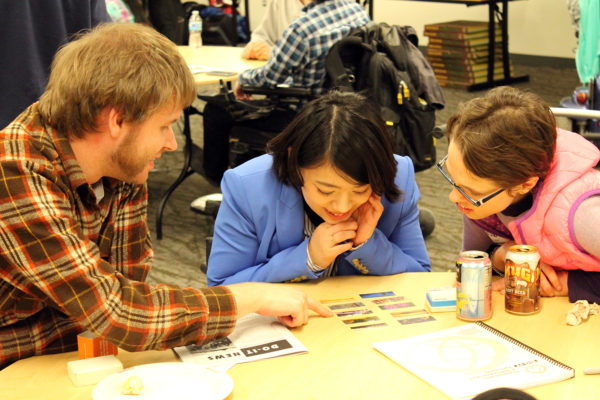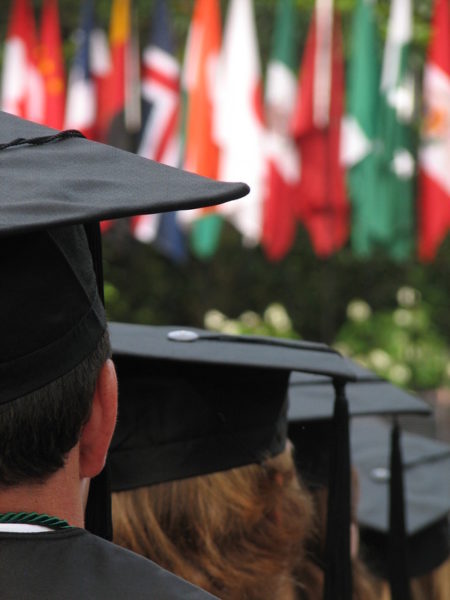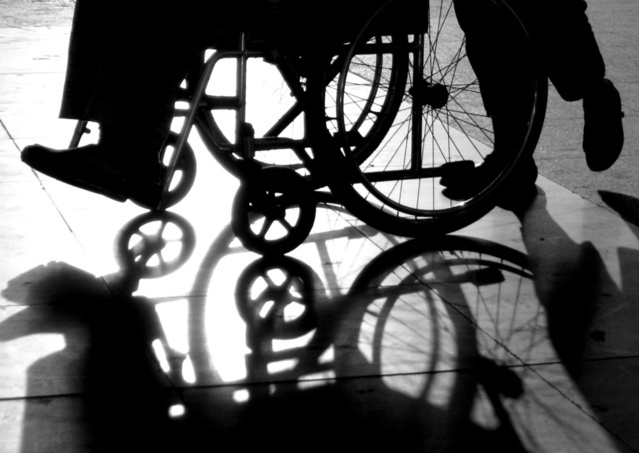この記事は次の言語でも読めます:日本語
*** Part 2 is here ***

In the next day of DO-IT interview, I was invited to a pizza networking gathering which is held 3 times a year to get all Scholars and parents together. The rooms for students and parents are separated. In that way, students can talk with students about their updates, and parents can exchange information.
It is very good idea to make an opportunity for parents to stay connected. Parents have so many worries because they don’t have enough information or experiences, and eventually they overprotect their kids. By providing a place where parents get together, they can share their worries and difficulties, and other parents can give advice and think ways to resolve the issues together. This is a huge power.
As a good example, a parent who has a son with autism shared her son could not find a job. Her son has an engineering degree, though there are many barriers to go through a regular hiring process. Then another parent whose child has a different disability said, “I am working in the field, so I will ask my company.” Fortunately, this worked really well. The son with autism got an offer and is able to utilize his ability and contribute to the company.

The Scholars program has worked with 462 Scholars since 1993. All students graduated from high school, which is a wonderful accomplishment since many students with disabilities are dropping out in high school in US (*1). After high school, the students continued pursue advanced educations in different ways:
• 20 acquired college-level certificates
• 78 obtained 2-year degrees
• 177 acquired bachelor’s degree (including students who transferred from 2 years college.)
• 29 obtained master’s degrees
• 6 acquired JD = Law degree
• 5 obtained PhD degree
Some of the students who finished the Scholars program and entered University of Washington where DO-IT operates. Also some of these students work as interns and student staff at DO-IT office.
“Those students have experienced the Scholars program for themselves, so their feedback is very important to improve the program much better. Also personally I am so happy to see the students who can now support other younger students. If they work for 4 years at here, they can write the working experience in their CV which is beneficial when they apply for a full time job in the future.”
Tami (Counselor and Coordinator) said. I found the program has a very good cycle.

“ Though some people might think that people with disabilities should be passive and not challenge themselves, we want to give college-bound students with disabilities the resources and skills they need to succeed at the college and career of their choice.”
What Sheryl told me inspired me a lot. No matter what kind and what level of disability, each person has abilities and can develop those abilities little by little. But it really depends on other people around the person with disabilities. If people with disabilities have opportunities to challenge many things without being offered too much help, the they can gain more abilities. All the students and parents who I have met at DO-IT showed me big smiles. It would be because they are seeing a bright future. I would love to create a society where many people with disabilities can live actively and utilize their ability like students who joined DO-IT program.
The end
*1 I have interviewed Dr. Wendy Harbour who works at Association on Higher Education And Disability (AHEAD). Here is the interview report.
Higher Education for People With Disabilities Changes the World
